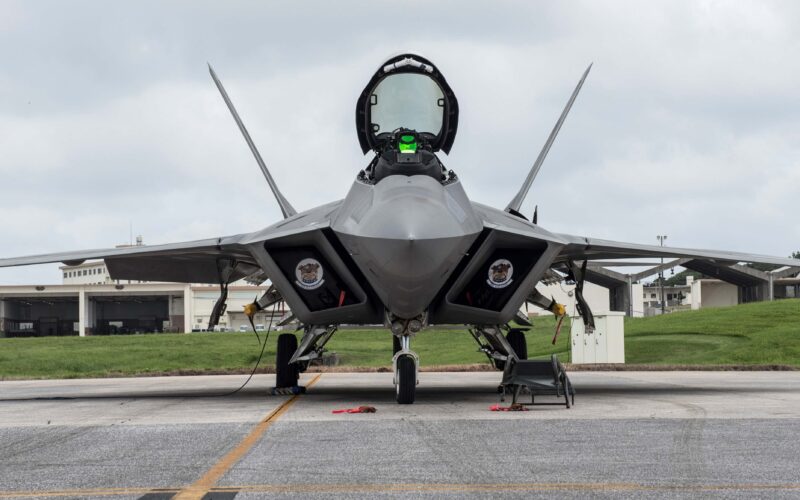The US Department of State reached a settlement with RTX Corporation (RTX) over 750 violations of the Arms Export Control Act (AECA) and International Traffic in Arms Regulations (ITAR).
The settlement, which followed an in-depth review by the Department’s Bureau of Political-Military Affairs, addresses a range of unauthorized exports of defense articles, including classified materials, to prohibited destinations.
RTX is the parent company of munitions and radar maker Raytheon, engine maker Pratt & Whitney, and aircraft systems supplier Collins Aerospace, among other major defense manufacturers.
The violations primarily involved the misclassification and unauthorized export of technical data related to military aircraft, including the Lockheed Martin F-22 Raptor, the Embraer KC-390 Millennium, and the Boeing E-3 Sentry, to Chinese employees and entities. Other violations involved the use of company-issued laptops containing sensitive information during travel to Iran, Russia, or Lebanon.
RTX voluntarily disclosed these violations, attributing the issues to historical misinterpretations of ITAR regulations, particularly regarding the classification of defense articles.
“The majority of violations described herein resulted from historical systemic failures in Rockwell Collins’ export control compliance program,” the Department noted in its charging letter.
United Technologies Corporation (UTC) acquired Rockwell Collins in 2018. UTC later merged with Raytheon Company in April 2020, now forming RTX Corporation.
As part of the 36-month Consent Agreement, RTX will pay a $200 million civil penalty, with $100 million suspended on the condition that it is invested in Department-approved remedial compliance measures.
Additionally, RTX must appoint an external Special Compliance Officer for at least 24 months and undergo an external audit to enhance its ITAR compliance program.
Read more: Boeing sensitive data allegedly leaked after ransomware gang threat ‘ignored’

